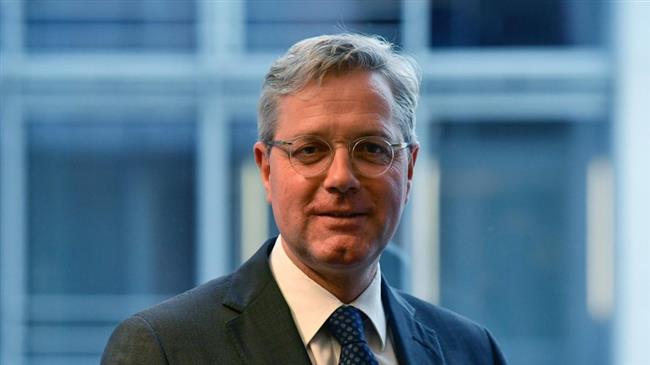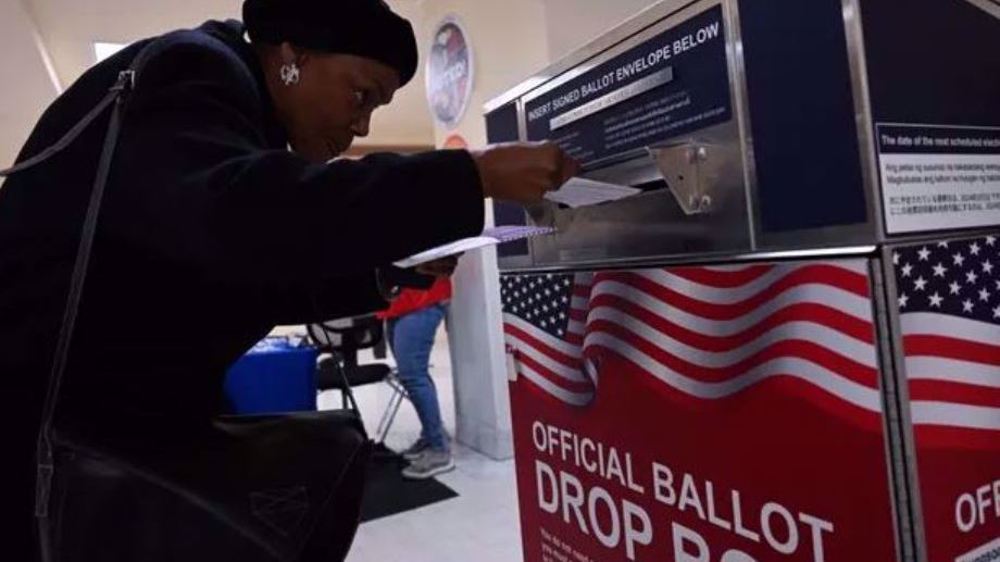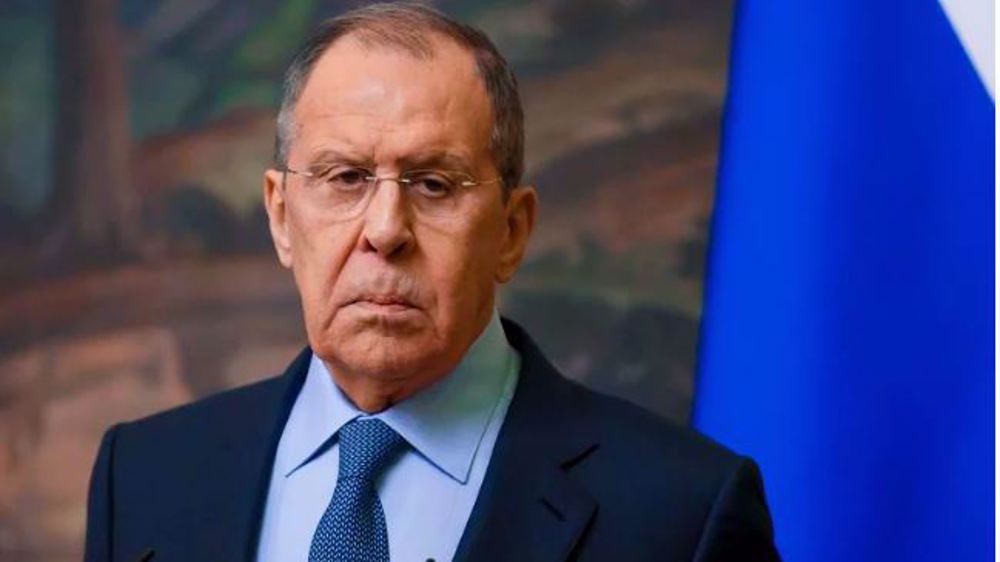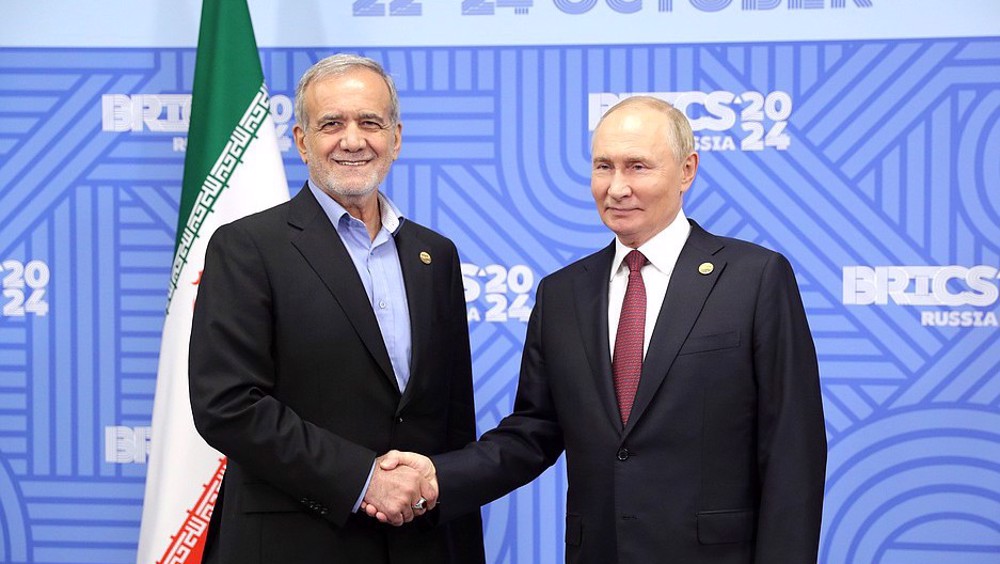German politician urges joint Western response to ‘nerve agent attack’ in UK
A German politician from Chancellor Angela Merkel’s conservative alliance says if Moscow fails to cooperate in the investigation into an alleged nerve agent attack on a former Russian double agent in Britain, there should be a joint response by Western countries.
Sergei Skripal, 66, and his daughter, Yulia, have been in hospital since March 4, when they were found unconscious in the English city of Salisbury. Both remain unconscious in a critical but stable condition, according to reports.
Britain has claimed initial investigations have shown that the two were poisoned by a Russian-made substance, framing Moscow as the possible culprit.
Norbert Roettgen, the chairman of Germany’s parliamentary foreign affairs committee, said the purported finding that a substance made by Russia was used made it necessary that Moscow cooperate in investigating the incident.
“The discovery of a Russian military substance means that Russia cannot refuse cooperation in the clearing up of this matter,” he said. “If Russia does not cooperate, there must be a joint Western response.”
Asked about possible sanctions against Russia, Roettgen said any measures should target what he called overlapping lines between the Russian state, its security apparatus, and organized crime.
“This case should be reason for Britain to examine its open stance toward the Russian capital of dubious origin,” he said.
British Prime Minister Theresa May has blamed Moscow for the incident, claiming British investigators identified the poison used on Sergei and Yulia Skripal as part of a group of nerve agents developed by the Soviet military in the 1970s and 1980s.
Addressing members of parliament in the House of Commons on Monday, May said the poisoning had occurred “against a backdrop of a well-established pattern of Russian state aggression.”

She threatened that to retaliate, London was ready to take “much more extensive measures” against Moscow.
Earlier in the day, Russian President Vladimir Putin had brushed off a question about Moscow’s involvement in the incident, saying British authorities should “get to the bottom of things” first.
Israeli forces kill 7 more Palestinians in West Bank
Israel’s Netanyahu dismisses military affairs minister Gallant
Hezbollah attacks turn Israel’s Haifa into a ghost town
Iran’s FM meets Pakistani PM, discusses bilateral ties, Israeli atrocities
Iran ramps up gasoline output amid rising demand
UK foreign secretary under pressure over denial of genocide in Gaza
VIDEO | Press TV's news headlines
Hezbollah bombards explosives factory in occupied territories










 This makes it easy to access the Press TV website
This makes it easy to access the Press TV website